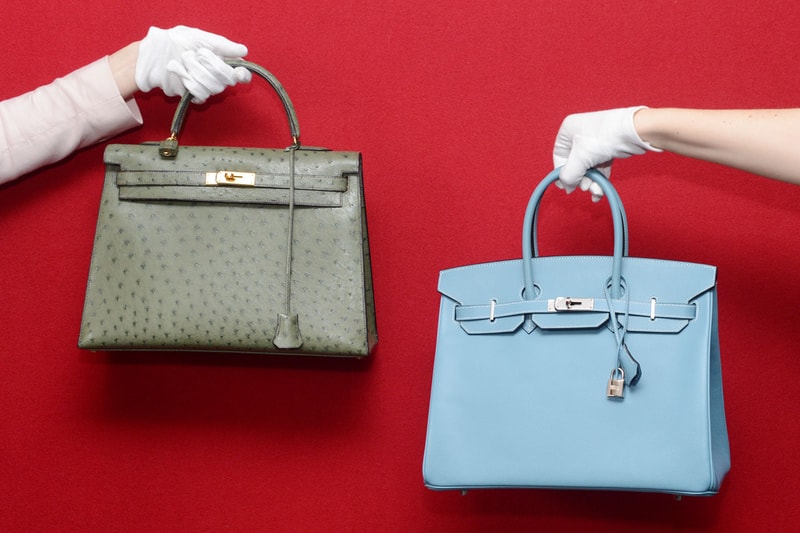“The tying product, the Birkin Handbags, is separate and distinct from the tied products, the ancillary products required to be purchased by consumers,” the suit reads. “Plaintiffs have alternative options for the ancillary products and would prefer to choose among them independently from their decision to purchase Birkin handbags.” Cavalleri explained that after spending “tens of thousands of dollars” at Hermès, she was told that the label’s Birkin bags are reserved for “clients who have been consistent in supporting [the brand's] business.” Glinoga, meanwhile, was told to “purchase other items and accessories,” after attempting to buy a Birkin on several occasions.

The lawsuit uses the “compensation structure of sales associates” as evidence of the company’s unlawful practice, stating that retail employees do not earn commission on Birkin sales. Instead, sales associates earn 3% commission on ancillary products and 1.5% commission on non-Birkin bags. “Although Hermès Sales Associates receive no commission on the most valuable and sought-after products sold by their employer, they are instructed by Defendants to use Birkin handbags as a way to coerce consumers to purchase ancillary products sold by Defendants (for which the sales associates receive a 3% commission) in order to build-up the purchase history required to be offered a Birkin handbag,” the suit states. Hermès has previously denied the claim. “Hermès strictly prohibits any sales of certain products as a condition to the purchase of others,” the brand told Business of Fashion last year.

No comments:
Post a Comment